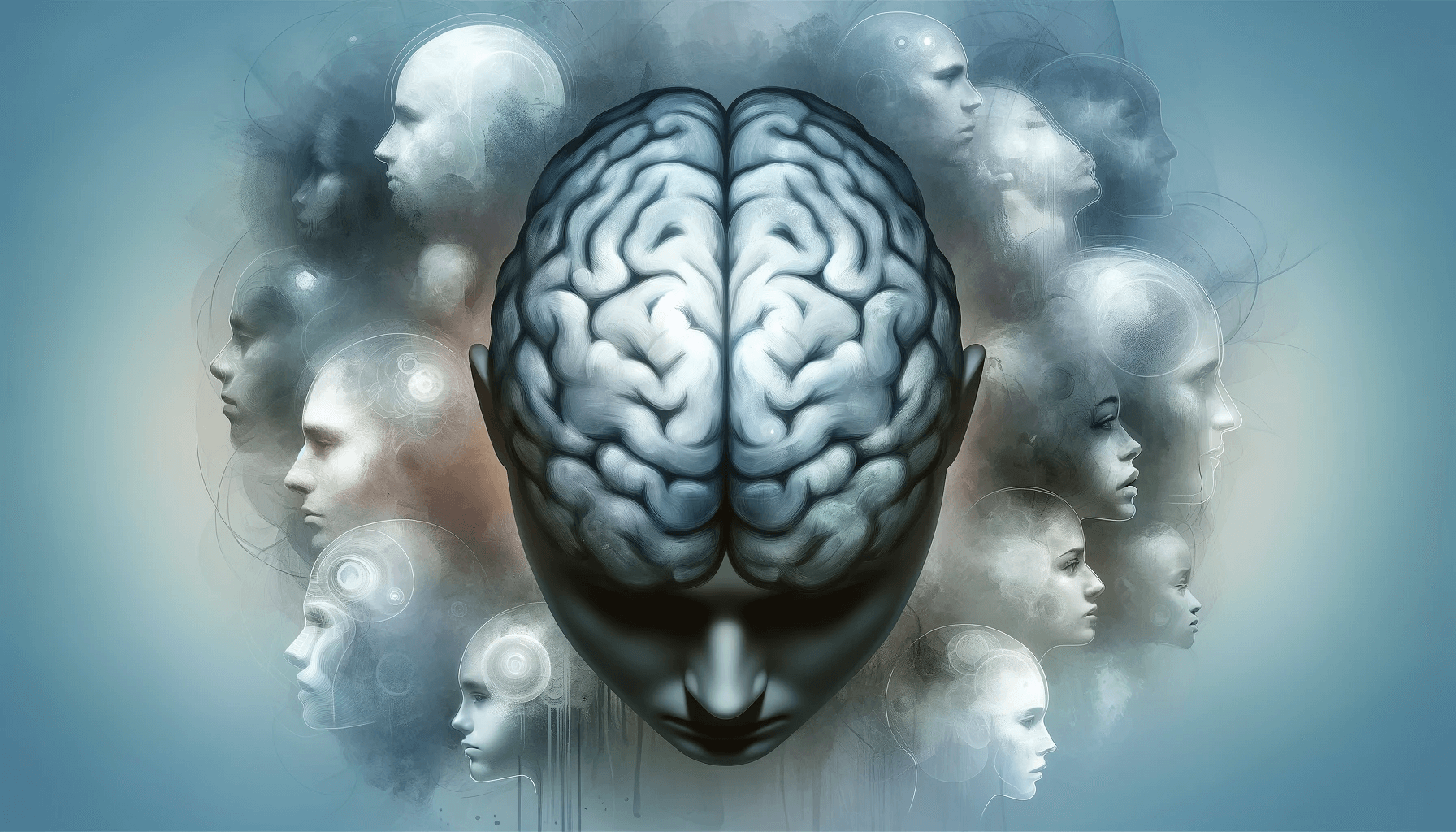Table of Contents
Introduction to depression
Depression is a mental health disorder that affects millions of people worldwide. It is characterized by persistent sadness, loss of interest or pleasure in activities, and a range of physical and emotional symptoms. Depression can significantly impact daily life, relationships, and overall well-being. This article will explore the key indicators of depression and how to recognize them.
What are the common symptoms of depression?
Depression presents itself in various ways, and the symptoms can vary from person to person. However, there are some common signs to look out for. These include persistent feelings of sadness or low mood, loss of interest or pleasure in once enjoyable activities, changes in appetite or weight, sleep disturbances, fatigue or loss of energy, feelings of worthlessness or guilt, difficulty concentrating or making decisions, restlessness or irritability, recurrent thoughts of death or suicide, and physical symptoms without a medical cause.
Understanding the different types of depression
Depression is not a one-size-fits-all condition, and there are different types that individuals may experience. Major depressive disorder is the most common form of depression and is characterized by the presence of a depressive episode that lasts for at least two weeks. Persistent depressive disorder, or dysthymia, involves a chronic low mood lasting at least two years. Other types of depression include postpartum depression, seasonal affective disorder, and bipolar disorder.
The impact of depression on daily life
Depression can have a profound impact on daily life and functioning. It can affect a person’s ability to concentrate, make decisions, and perform everyday tasks. It can also lead to changes in appetite and sleep patterns, further exacerbating the symptoms. Depression can strain relationships, isolate individuals from social activities, and interfere with work or school performance. It is essential to recognize the signs of depression early on and seek appropriate help and support.
Recognizing key indicators of depression
Key indicator 1: Persistent sadness or low mood
One of the primary indicators of depression is a persistent feeling of sadness or low mood. This goes beyond life’s regular ups and downs and can last for weeks or even months. Individuals may find it challenging to find joy or happiness in activities they once enjoyed. They may withdraw from social interactions and isolate themselves from friends and family.
Key indicator 2: Loss of interest or pleasure in activities
Another critical indicator of depression is losing interest or pleasure in once-enjoyable activities. Hobbies, sports, or social events may no longer hold any appeal, and individuals may feel a general sense of apathy or indifference towards life. This loss of interest can further contribute to feelings of sadness and isolation.
Key indicator 3: Changes in appetite or weight
Depression can also manifest itself through changes in appetite or weight. Some individuals may experience a significant decrease in appetite, leading to unintended weight loss. Others may turn to food as a coping mechanism and experience an increase in appetite, leading to weight gain. Feelings of guilt or shame can accompany these changes.
Key indicator 4: Sleep disturbances
Disturbances in sleep patterns are common in individuals with depression. Some may experience insomnia, finding it difficult to fall asleep or stay asleep throughout the night. Others may sleep excessively, finding it hard to get out of bed in the morning. These sleep disruptions can further exacerbate feelings of fatigue and low energy.
Key indicator 5: Fatigue or loss of energy
Fatigue and a loss of energy are hallmark symptoms of depression. Individuals may feel constantly tired, even after a whole night’s sleep. Simple tasks that were once easy to complete may feel overwhelming and exhausting. This lack of energy can further contribute to hopelessness and decreased motivation.
Key indicator 6: Feelings of worthlessness or guilt
Feelings of worthlessness or guilt are common in individuals with depression. They may have a persistent negative view of themselves and believe they are a burden to others. These feelings may be irrational and unrelated to any actual events or circumstances. They can contribute to low self-esteem and a sense of hopelessness.
Key indicator 7: Difficulty concentrating or making decisions
Depression can impair cognitive function and make concentrating or making decisions difficult. Individuals may struggle to focus on tasks, retain information, or complete work or school assignments. This can lead to decreased productivity and further exacerbate frustration and self-doubt.
Key indicator 8: Restlessness or irritability
Restlessness and irritability are symptoms that can accompany depression. Individuals may feel on edge, have difficulty sitting still, and experience a general sense of restlessness. They may also become easily irritable and have a low tolerance for frustration. These symptoms can strain relationships and make it challenging to engage in daily activities.
Key indicator 9: Recurrent thoughts of death or suicide
Thoughts of death or suicide are severe indicators of depression and should never be ignored. Individuals may have recurrent thoughts of death, contemplate suicide, or even make plans to end their life. It is crucial to seek immediate help if you or someone you know is experiencing these thoughts.
Key indicator 10: Physical symptoms without a medical cause
Depression can also manifest itself through physical symptoms that do not have an underlying medical cause. These can include headaches, stomachaches, back pain, and other unexplained bodily discomforts. Addressing these symptoms and considering the possibility of an underlying mental health condition is essential.
Seeking help for depression
If you or someone you know is experiencing the critical indicators of depression, it is essential to seek help. Reach out to a mental health professional, such as a therapist or psychiatrist, who can provide an accurate diagnosis and appropriate treatment options. You can also confide in a trusted friend or family member who can offer support during this challenging time. Remember, you are not alone, and there is help available.
Treatment options for depression
Depression is a treatable condition, and several effective treatment options are available. These can include therapy, medication, or a combination of both. Cognitive-behavioral therapy (CBT) is a common therapeutic approach that helps individuals identify and change negative thought patterns and behaviors. Medications, such as antidepressants, can also be prescribed to help manage symptoms. Working closely with a healthcare professional to determine the most suitable treatment plan is essential.
Supporting someone with depression
If someone you know is struggling with depression, there are several ways you can offer support. Be a good listener and provide a safe space for them to express their feelings. Avoid judgment or minimizing their experiences. Encourage them to seek professional help and offer to accompany them to appointments if needed. Stay connected and check in on them regularly. Offer practical assistance, such as helping with household chores or running errands. Most importantly, let them know that you are there for them and that they are not alone.
Conclusion
Recognizing the critical indicators of depression is crucial for early intervention and support. By understanding the symptoms and seeking appropriate help, individuals can begin their journey toward recovery. Depression is a treatable condition, and no one should suffer alone. If you or someone you know is experiencing depression, seek help. Remember, there is hope, and a brighter future awaits.




